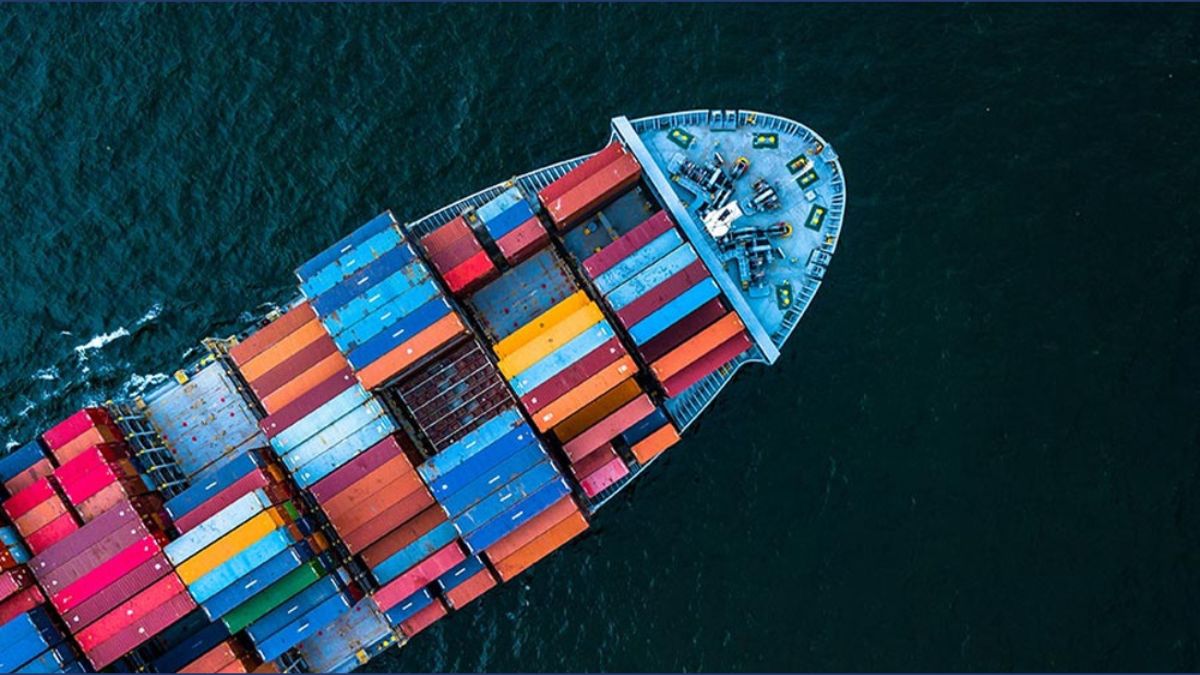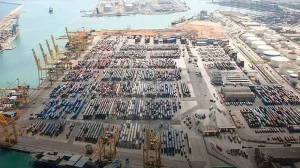Karachi, June 1, 2025 — Commercial banks in Pakistan have begun delaying import-related payments due to a critical dollar shortage. This shortage is driven by large upcoming foreign debt repayments and strict foreign exchange reserve conditions imposed by the International Monetary Fund (IMF). The delay is affecting importers and could have broader economic repercussions.
Import payments under open accounts and contracts are reportedly being deferred by 2 to 3 weeks. Furthermore, banks are clearing letters of credit (LCs) at rates significantly higher than the interbank market rate, increasing costs for importers. According to Express Tribune, this has led to tighter liquidity in the foreign currency market.
Read More: Rs. 1,500 Prize Bond Draw: First and Second Prize Winners Announced for May 2025
The Pakistani rupee’s open market exchange rate hit Rs. 285 per US dollar as of Friday, 30 May, marking increased pressure on the currency. The primary factor behind this pressure is Pakistan’s looming $2.4 billion commercial debt repayments due by June-end, mainly to China, along with other multilateral outflows.
To meet the IMF’s end-June target of negative $7.5 billion in net international reserves (NIR), the State Bank of Pakistan (SBP) has continued aggressively buying dollars from the market. However, this strategy limits the dollar supply available for importers and traders.
As of end-March 2025, Pakistan’s NIR stood at negative $10.2 billion, meaning the SBP must improve reserves by approximately $2.7 billion during the current quarter to comply with IMF conditions.
Major importers, including Pakistan State Oil (PSO) and Pak-Arab Refinery Company (PARCO), have recently paid up to Rs. 3 more per dollar in transactions. This increase in the dollar exchange cost is expected to raise fuel prices, potentially impacting consumers and the overall economy.
Read More: Surprise Drop in Power Tariffs: Govt’s 57% Claim Sparks Debate
Despite stable inflows from remittances and exports, dollar demand from the financial account is intensifying pressure on the rupee. Banking executives have urged the SBP to temporarily pause dollar buying to ease market shortages.
The seasonal rise in dollar demand due to the Hajj pilgrimage has further contributed to the shortage, but experts expect this pressure to ease once the Hajj season concludes.
In the first nine months of fiscal year 2024, the SBP purchased over $9 billion from the market and managed to reduce external debt by $800 million. However, exporters warn that tight control over the exchange rate is gradually eroding Pakistan’s export competitiveness, which could affect long-term economic growth.
Read More: CCP’s Order on Diamond Paints for Deceptive Advertising Remains Intact









